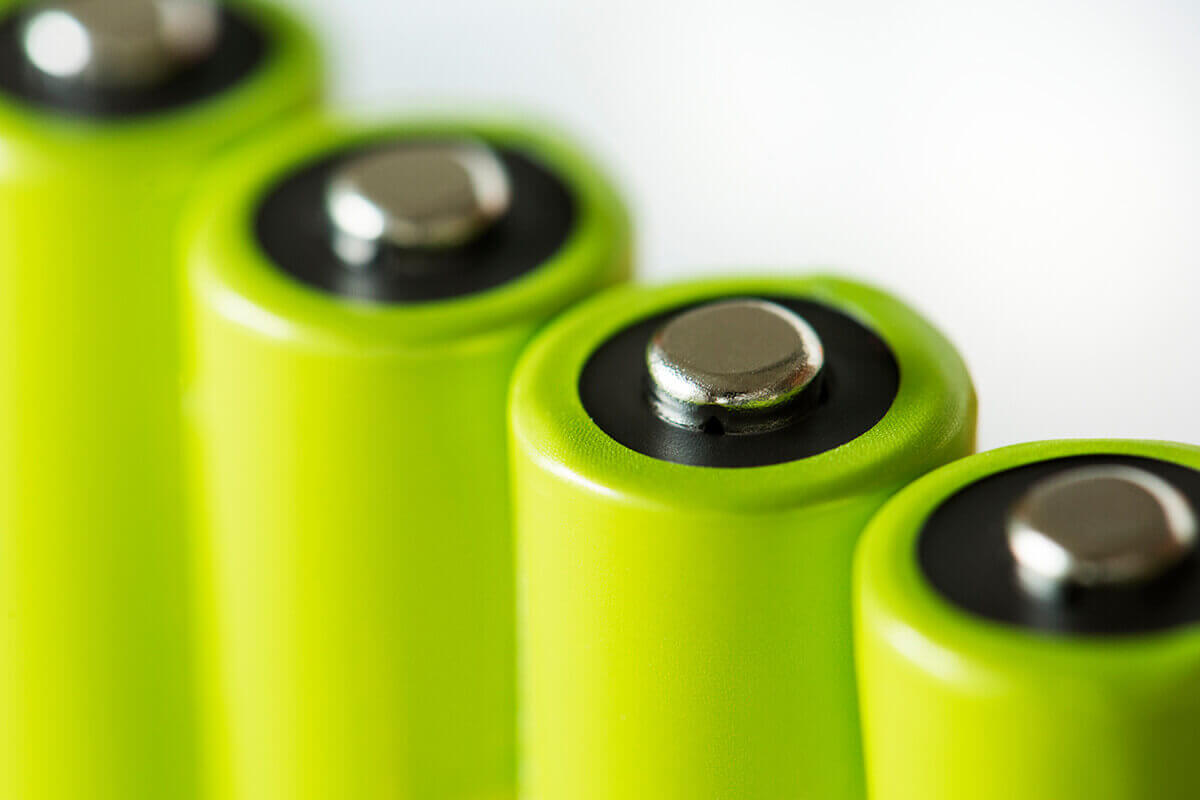In India, the Extended Producer Responsibility (EPR) framework for batteries is governed by specific regulations aimed at ensuring the environmentally sound management of waste batteries. The key regulatory framework for battery EPR in India is outlined in the “Battery Waste Management Rules, 2022,” which were introduced by the Ministry of Environment, Forest and Climate Change (MoEFCC). These rules replace the earlier Batteries (Management and Handling) Rules, 2001, and aim to address the growing issue of battery waste in the country.
Key Provisions of Battery Waste Management Rules, 2022
1. Scope and Applicability
The rules apply to all types of batteries, including primary (non-rechargeable) and secondary (rechargeable) batteries, across various sectors such as automotive, industrial, and consumer electronics.
They cover the entire lifecycle of batteries, from manufacturing and import to sale, collection, recycling, and disposal.
2. Extended Producer Responsibility (EPR)
Producer Responsibility Organizations (PROs): Producers can meet their EPR obligations individually or by engaging PROs, which are entities authorized to manage the collection, recycling, and disposal of waste batteries on behalf of producers.
EPR Plan: Producers must submit an EPR plan to the Central Pollution Control Board (CPCB) detailing their strategies for the collection, storage, transportation, recycling, and disposal of waste batteries.
3. Collection and Recycling Targets
Collection Targets: Producers are required to collect a specified percentage of waste batteries based on the average annual sales of batteries over the past three years. The targets start at 30% for the first year and gradually increase to 70% by the seventh year.
Recycling Efficiency: The rules mandate specific recycling efficiency targets, ensuring that a significant proportion of materials from collected batteries are recovered and reused.
4. Responsibilities of Stakeholders
Producers: Responsible for financing and organizing the collection, treatment, and recycling of waste batteries. They must also ensure proper labeling of batteries and provide information on safe disposal methods.
Consumers: Required to return used batteries to collection points and are prohibited from disposing of batteries in unsanitary ways.
Recyclers: Must obtain authorization from the CPCB and adhere to environmentally sound recycling practices. They are also required to submit annual reports on the quantities of batteries processed and the efficiency of material recovery.
5. Labeling and Information Disclosure
Batteries must be labeled with information on their chemical composition and instructions for safe disposal.
Producers must provide consumers with information on the hazards associated with improper disposal of batteries and the benefits of recycling.
6. Monitoring and Reporting
Registration and Reporting: Producers, importers, and recyclers must register with the CPCB and submit regular reports on their compliance with EPR obligations.
Audit and Inspection: The CPCB and State Pollution Control Boards (SPCBs) have the authority to conduct audits and inspections to ensure compliance with the rules.
7. Penalties for Non-Compliance
The rules include provisions for penalties for producers, importers, and recyclers who fail to comply with their EPR obligations. These penalties can include fines and other legal actions.
Documents Required to Apply for Battery Waste EPR Certificate –
- GST, PAN, IEC OF COMPANY
- AUTHORIZED PERSON PAN & AADHAR
- CERTIFICATE OF INCORPORATION COPY, IF COMPANY STATUS BELONGS TO PVT. LTD. /LTD. / LLP.
- MSME (OPTIONAL)
- CONSENT ISSUED UNDER AIR/WATER ACT AND AUTHORIZATION UNDER HAZARDOUS WASTE RULES(IF UNIT IS INVOLVED IN PRODUCTION FACILITY)
- DISTRICT INDUSTRIES CENTER (DIC) REGISTRATION CERTIFICATE
- GSTR 9/ BALANCE SHEET OF PREVIOUS FINANCIAL YEAR
The implementation of EPR for batteries in India presents several challenges and opportunities:
Challenges
- Awareness and Participation: Ensuring widespread consumer awareness and participation in battery collection programs is crucial for the success of EPR schemes.
- Infrastructure Development: Establishing an efficient collection and recycling infrastructure across the country, particularly in rural and remote areas, can be challenging.
- Compliance and Enforcement: Effective monitoring and enforcement of EPR obligations require significant administrative resources and coordination between different regulatory bodies.
Opportunities
- Environmental Benefits: Proper management of battery waste can significantly reduce environmental pollution and health hazards associated with improper disposal of batteries.
- Resource Recovery: Efficient recycling of batteries can recover valuable materials such as lithium, cobalt, and nickel, reducing dependence on raw material imports and promoting a circular economy.
- Economic Opportunities: The EPR framework can stimulate the growth of the recycling industry, creating jobs and fostering innovation in sustainable battery technologies.
How can we help you?
At Global Overseas, we are a team of experts who will very carefully guide you throughout the process while making sure that the application it filed with utmost ease. With an experience of over 5 years we have gained ourselves the title of one of the leading consultants of EPR Certificate and BIS Certificate in the Indian Market. You can reach out to us at supportmumbai@globalwastesolution.in
Conclusion
India’s Battery Waste Management Rules, 2022, represent a comprehensive approach to managing battery waste through the EPR framework. By holding producers accountable for the entire lifecycle of batteries, these rules aim to promote environmentally sound management practices, enhance recycling rates, and reduce the environmental impact of battery waste. Successful implementation will require concerted efforts from producers, consumers, recyclers, and regulatory authorities.


